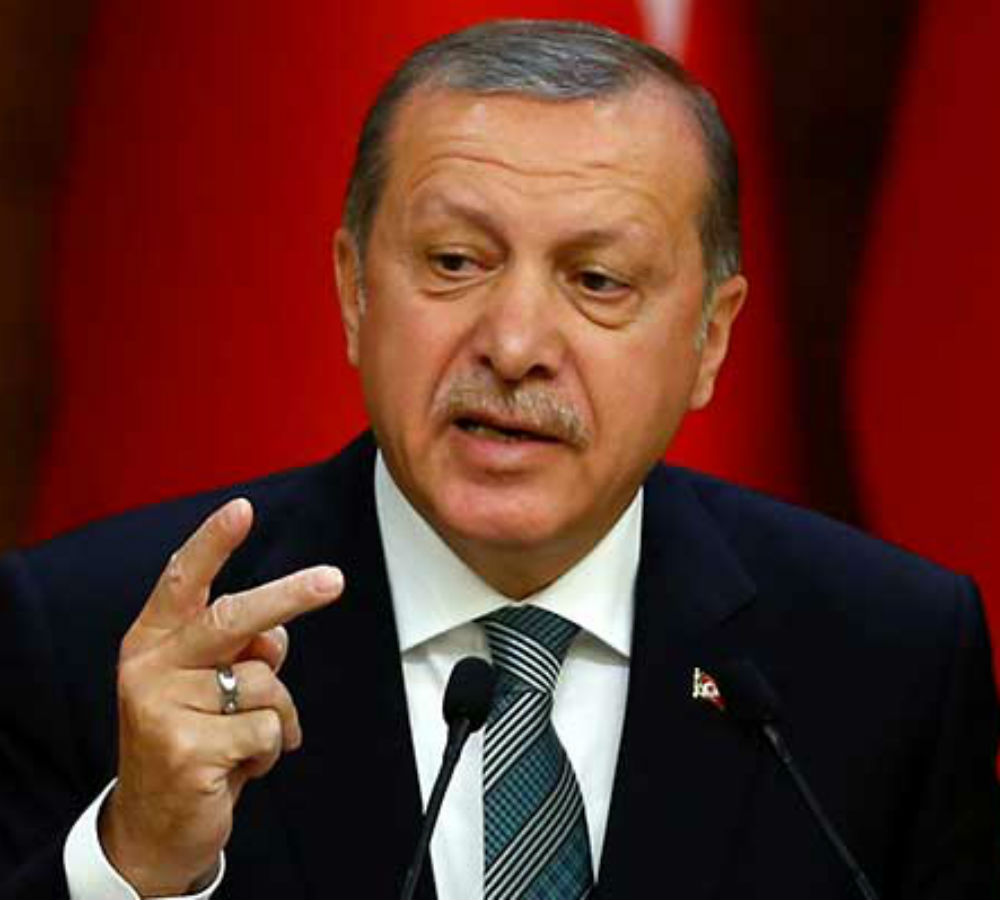The failed coup was a clarifying moment. Ankara and Washington don’t share values or interests.
Turkey experts Steven Cook and Michael Koplow’s article for Wll Street Journal underlines that the U.S. and Turkey have faced difficult days before, such as after Turkey’s 1974 invasion of Cyprus and the 2003 American invasion of Iraq, yet American and Turkish leaders managed to find their way back. This time will be different.
Though American officials privately acknowledge that Mr. Erdogan is “erratic,” they have given the Turkish leader extraordinary leverage over U.S. policy. The U.S. fear is that public pressure will result in even less cooperation from Ankara—especially on Syria.
The article says that Incirlik’s runways are important. The bombing of Islamic State is an American priority, as is funneling weapons to the Syrian rebels. But both missions could be carried out from elsewhere. The baseless allegations leveled at the U.S. suggest that Mr. Erdogan might rescind American access to the base merely to demonstrate that he can. It would be prudent for the U.S. to develop a plan to redeploy forces outside Turkey, making arrangements to use airstrips in Cyprus, Jordan and the Kurdish Region in Iraq, for example.
According to the Turkey experts all of this should be a clarifying moment for American policy makers, demonstrating that Turkey and the U.S. no longer share values or interests. Rather than overlook Turkish excesses while hoping Mr. Erdogan will come around, it is time to search for more reliable allies.



